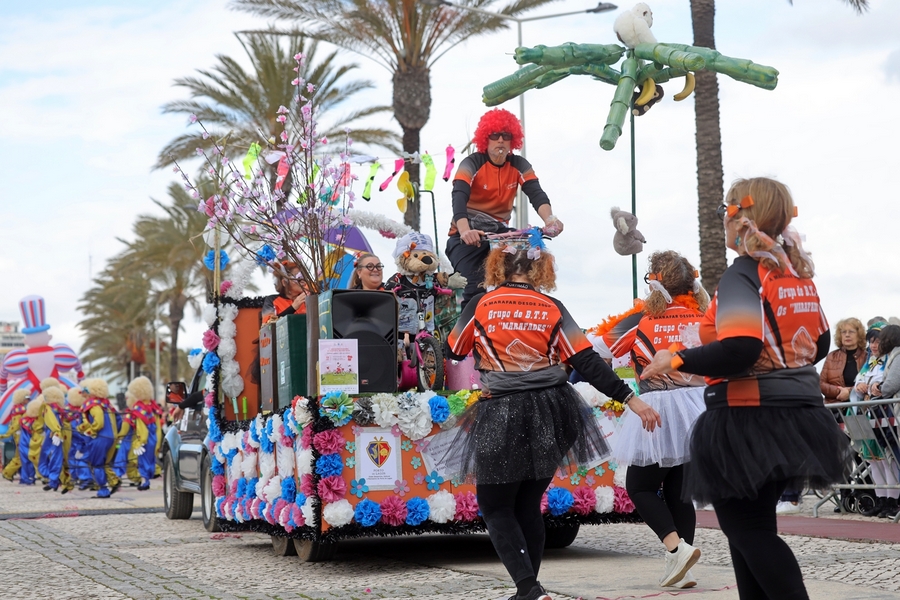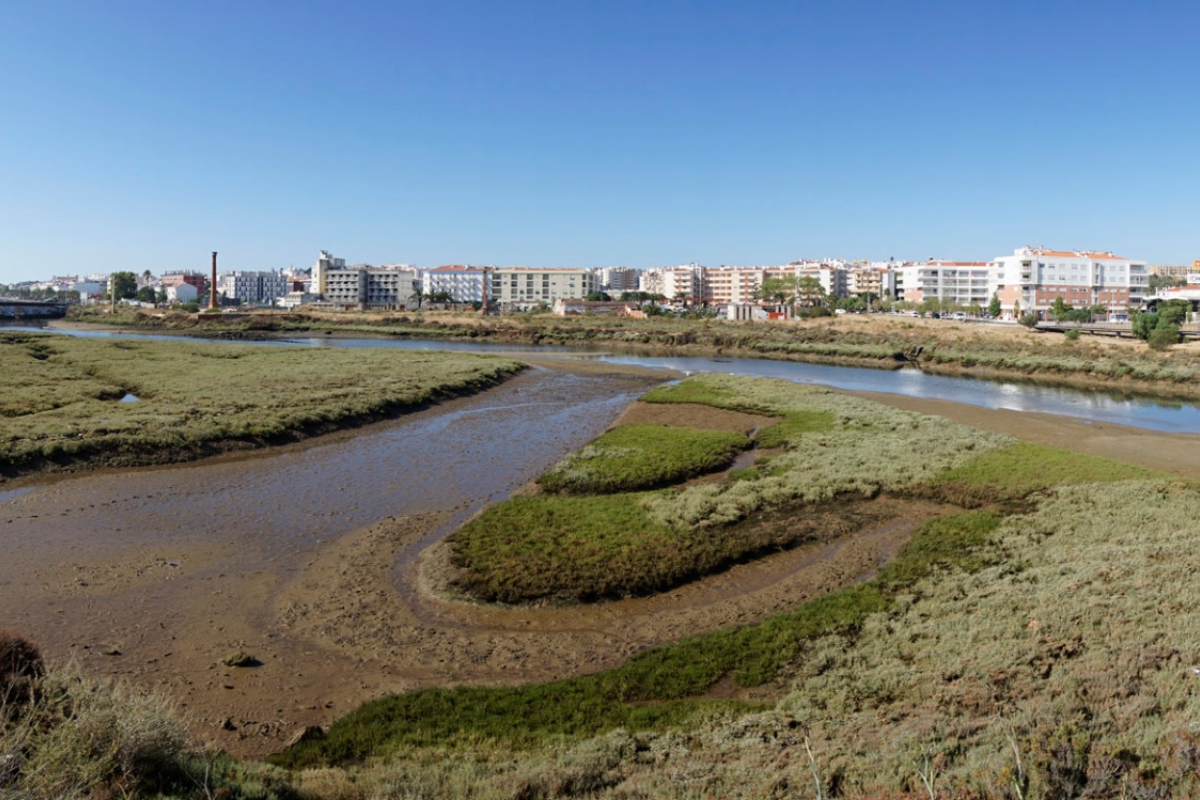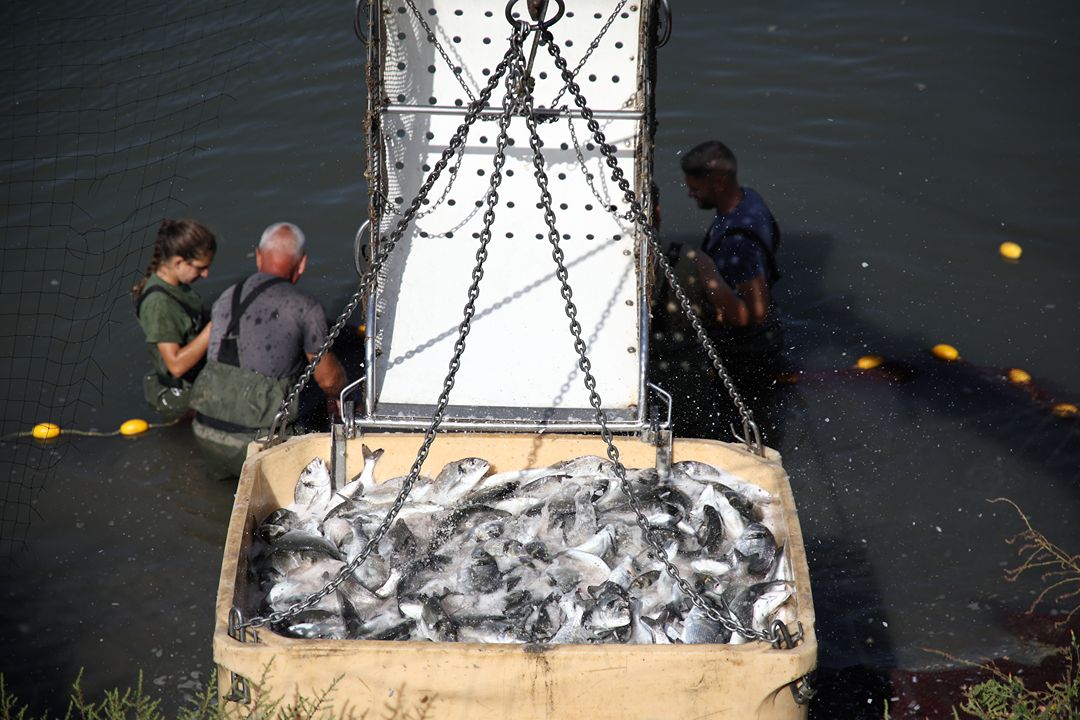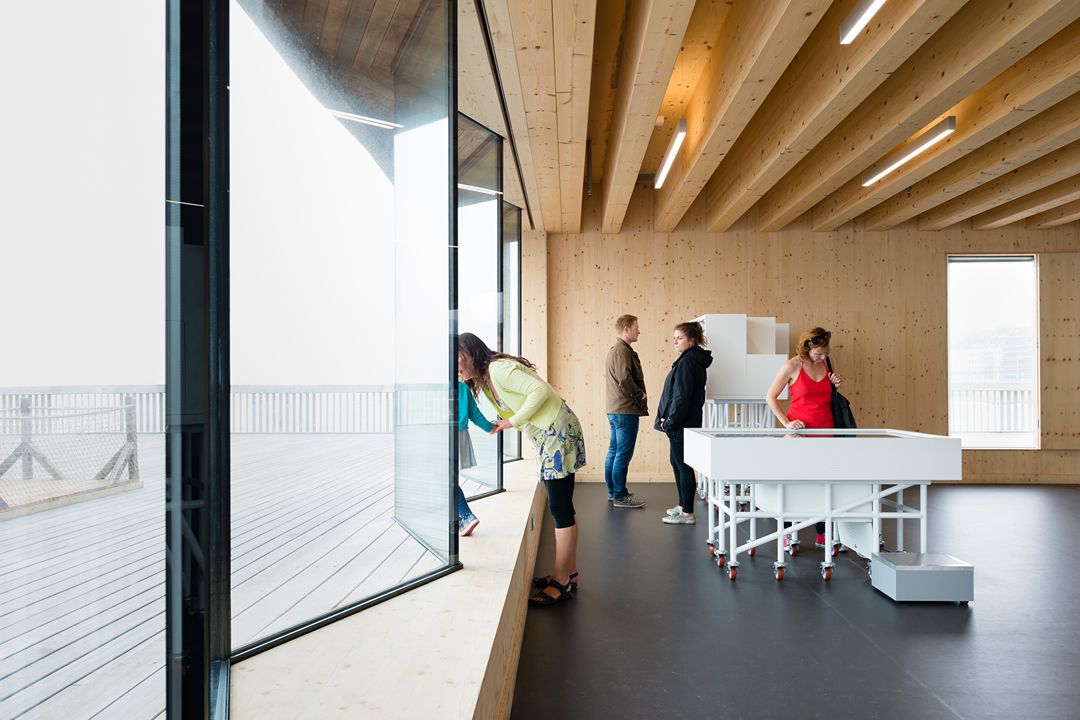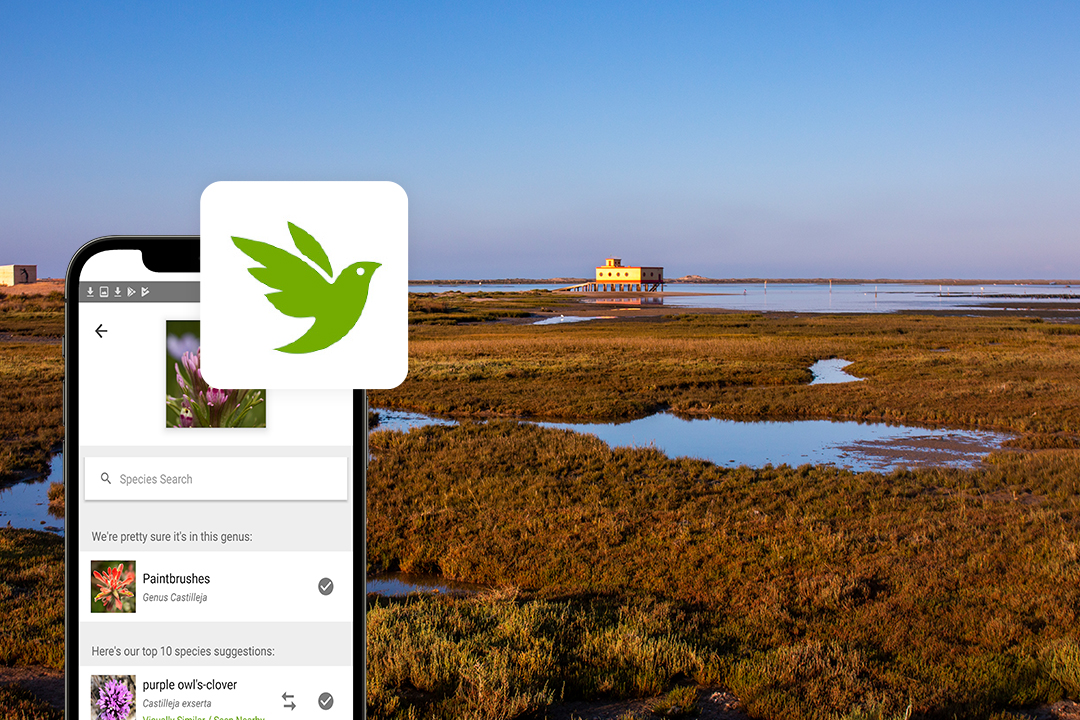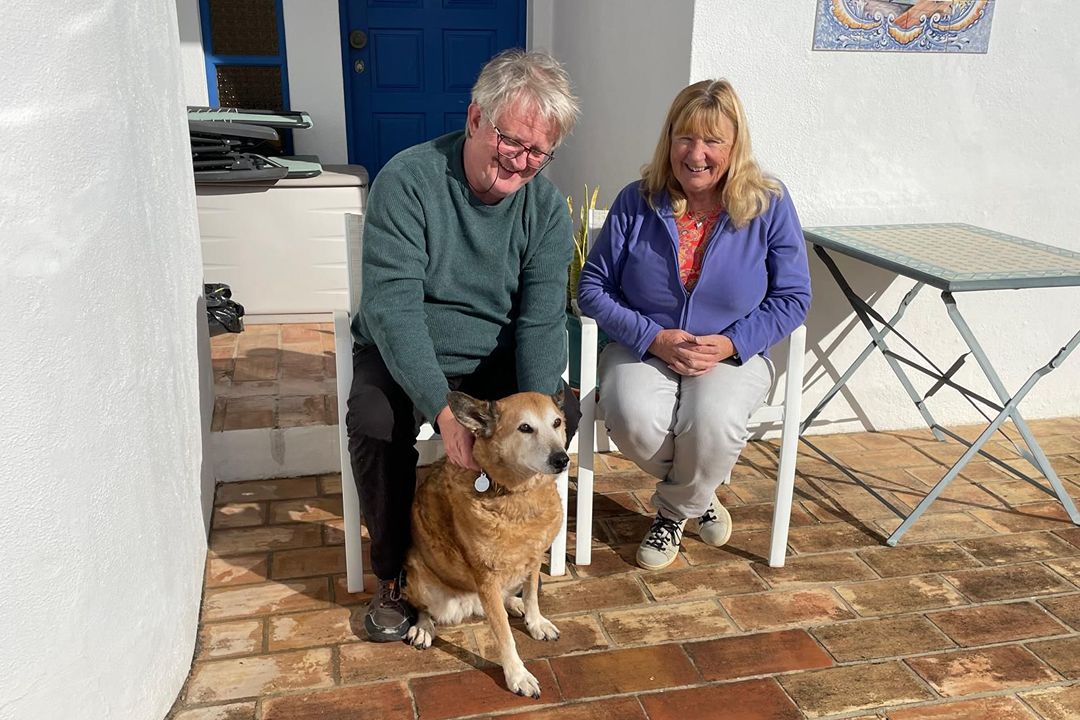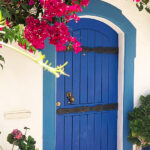A guided tour of Lagos with Carla de Sousa
was, and still is, of worldwide importance in geographical terms; its geology comprises diverse terrain from mountains and valleys to a long coastline. Its people were explorers and discoverers, thus accounting for the many Portuguese-speaking countries around the world. Once colonies of the mother country, some of their populations now enhance the homeland. Portugal’s culture, of course, is derived from its history and that goes back to pre-Roman times, in fact to pre-historic times. And let’s not forget that Portugal was the first nation-state in Europe.
For locals, expats and visitors, there is no better way to discover the fascinating history and culture of the Algarve and, in particular, Lagos than to engage with a local qualified tour guide. Thus, it was a great pleasure to meet and chat with Carla de Sousa, our Guia Interprete Oficial.
“There are guides and then there are guides”, explained Carla. Those without the official qualification are not permitted to enter national monuments. Carla is from Lagos but studied at the ISLA College in Lisbon. When she returned home to Lagos, she was qualified in Spanish, Italian and English as well as history and social studies – a perfect combination for her chosen career.
“In the early days, I worked in Italy and Spain as an interpreter and tour leader for Canadian and American groups. I travelled quite widely through Europe on various assignments but soon I was back in Portugal, where my roots are and my passion lies.”


As you can tell, Carla is a dedicated tour guide professional. She took inspiration from the renowned travel writer and training expert Rick Steves, who advised her to concentrate on her favourite location. Later, Carla joined the Association of Official Guides and used her own experience to train other aspiring tour guides.
“Now, I have requests to do guided tours all across the Algarve and along the Atlantic Coast and north to the vineyards of Alentejo. Wine tastings and gourmet lunches are becoming popular. Seafood and wines are a hallmark of Portuguese life, and several restaurants offer gourmet choices. I have partnered with several establishments that guarantee a wonderful experience.”

Carla continued describing some of her favourite expeditions. “The Portimão and Ferragudo tour is an excursion that explores the maritime heritage of the Algarve. In the 20th century, an important fishing and canning industry occupied the shores of the Arade River. The old fish canning factory in Portimão has been transformed into an interesting museum and Ferragudo, on the opposite bank, is a quaint fishing village with its own history. Further west are Sagres and Cape St Vincent, so rich in maritime history, and which make an interesting tour with several excellent fish restaurants if so desired.”
Recently, Sra. de Sousa has been concentrating on walking tours of Lagos. She offers several options. The introductory walking tour involves a brief history and an explanatory stroll through the major cultural attractions. For something a bit more involved, she recommends the tour of monuments and statues, emphasising that Lagos is the ‘City of Discoveries’.
Then, for even more in-depth exploration, you can choose to examine the heritage of the city. There are Roman ruins, a slave museum, interesting street names, markets, churches and the cathedral, flora and fauna, art and architecture, ceramics, tiles and more. “I always like to introduce my clients to Portugal’s gastronomy – or at least a cup of coffee and a pastry. Nearly everyone is familiar with Portugal’s famous custard tart, Pastel de Nata, but less known is Lagos’ own creation, the Dom Rodrigo, an award-winning confection that has found its way into The Guinness Book of World Records.” Carla will have to explain the details, but I can tell you that this treat can be found and enjoyed at the local restaurant Taquelim Gonçalves.
Carla mentioned a couple of humorous incidents which have occurred during her interactions with visitors. “One day, we were driving along a tree-lined road and I explained that the trees were cork trees. A lady asked, quite innocently, before I had time to explain the cork process, ‘When do the trees bear fruit and produce the corks?’”
On another occasion, a young man asked if it was the automaker Mercedes Benz that manufactured the wind turbines. Everyone looked perplexed until he explained that the Mercedes symbol on the front of the car was almost an exact replica of a wind turbine.
“Interaction between the guide and the clients is key to a successful excursion,” explained Carla. “That and a complete understanding of your subject and its history.”

